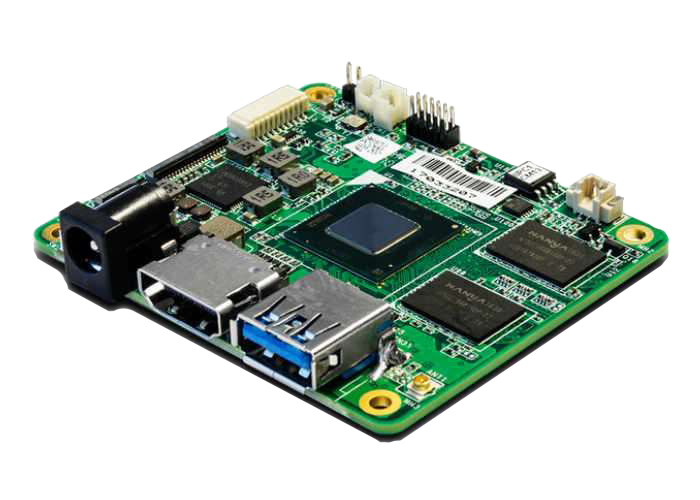

Softer running surface and better/newer shoes are the usual answers. Asphalt and especially concrete are much harder than your treadmill surface so your shins are taking more shock with each strike. If you can shift some of your run to turf or natural surfaces that will help.
The other thing is to check your shoes and change them every 300-500 miles or so. A running store employee can usually watch your gait and make suggestions about the right kind of support, padding, etc for you.










I love how all of the characters are scowling and have their game faces on… and then there’s Kirby, who’s like “Hi there! I’m gonna eat you and extract your power!”